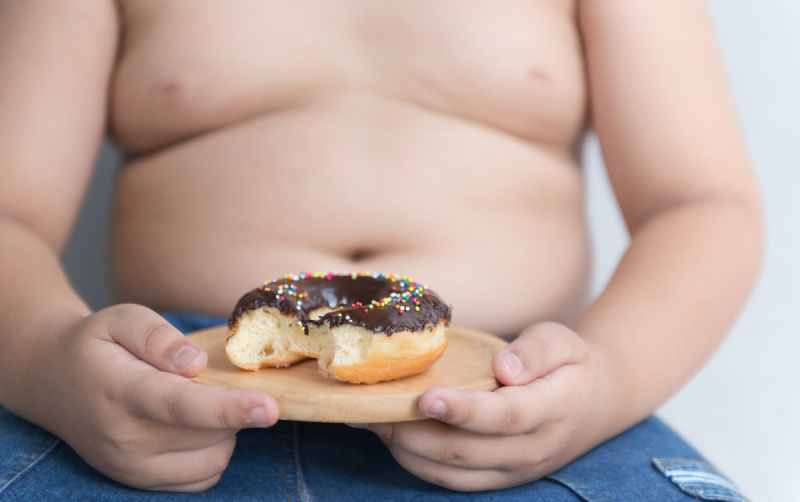How do I return to a balanced diet following a fast?
How you go about breaking a fast is a key step that requires special attention. First, you should start gradually, eating food with high nutritional value (fruits, vegetables, wholewheat cereals, legumes…) and adjust their portions. The app will calculate your caloric needs on a per meal basis. Adding a meal per day does not mean eating more overnight. Meals should be smaller, and the caloric intake should be progressively increased during the stabilization stage. You should also remember to regularly reset your program.
Here are some tips to help you. First of all, use plates that are smaller as a way of reducing your portions. The size of the plate has an influence on the perception of food quantities. Remember that drinking a glass of water before eating has a significant impact on satiety and may help you eat less. Then, reintroduce foods gradually according to your preferences, but with moderation. Take the time to taste your meals and be attentive to your body. Finally, to balance food intake and energy expenditure, be sure to engage in physical activity.
If you do lose weight, is there still a risk of the yoyo-effect?
“While restrictive diets are often followed by the dreaded yo-yo effect in which your body goes into starvation mode and stores fat, intermittent fasting only leads to starvation mode if the selected caloric intake is too low. Intermittent fasting activates your fat-burning metabolism, while preserving muscle mass. It is a flexible and easy-to-follow diet that helps you lose weight with less effort.
However, it is essential to consume only nutritious food (fruits, vegetables, whole-wheat cereals, legumes, lean protein foods) and to avoid candies and processed food. Otherwise, fasting is counterproductive, and you may end up gaining weight once you break your fast. In other words, if the intermittent fasting is based on a balanced diet and the calories consumed during and after it are properly managed, the yo-yo effect is partially or entirely avoided.”




